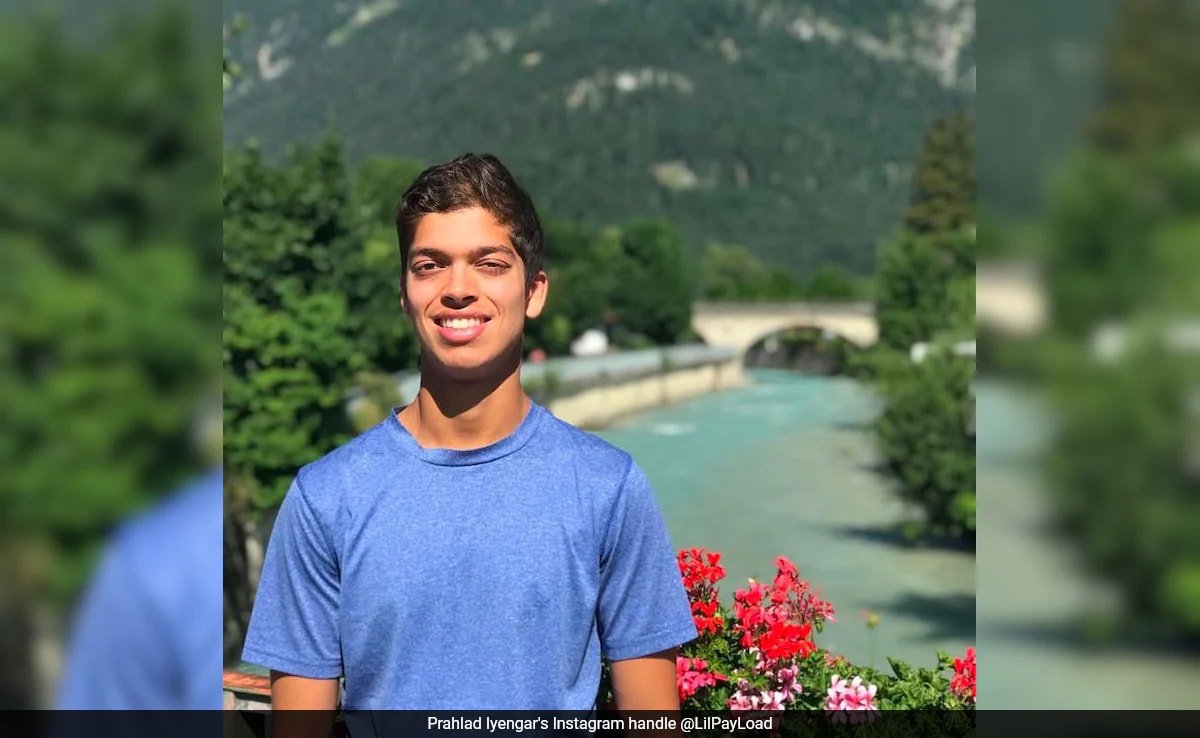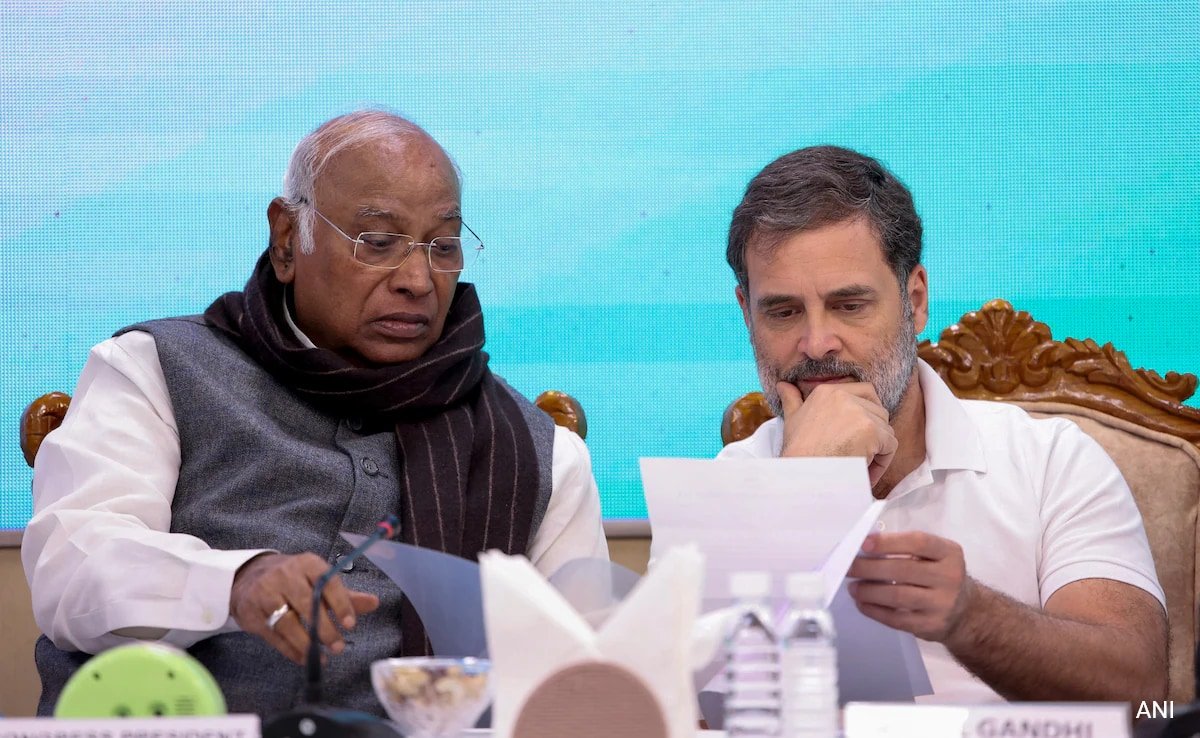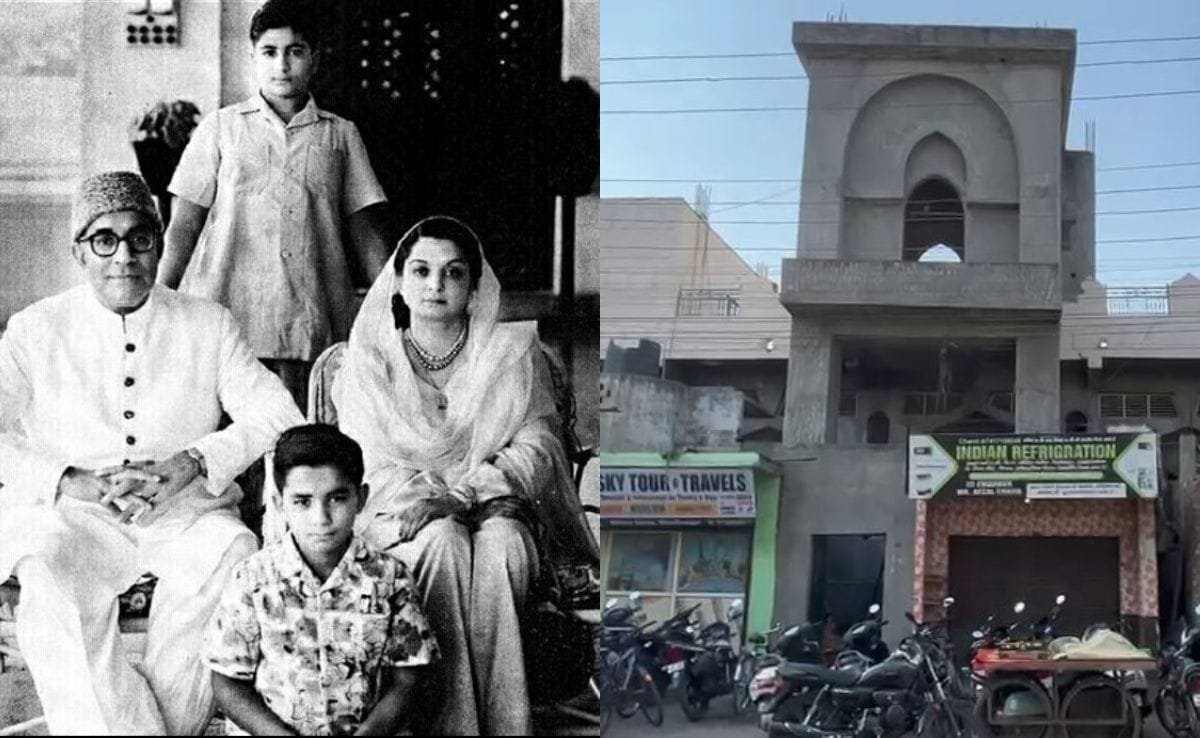
A pro-Palestine essay has cost Prahlad Iyengar his career at Massachusetts Institute of Technology (MIT).
He was pursuing a PhD from the Department of Electrical Engineering and Computer Science, but his five-year National Science Foundation Graduate Research Fellowship will be terminated now.
MIT has barred the Indian-origin student from entering the college premises over the essay, written in the college magazine last month, that the institute found calling for violence.
Written Revolution is a multidisciplinary student magazine, about the pro-Palestine movement, that published Iyengar’s essay. It has also been banned.
The essay that Iyengar wrote is called ‘On Pacifism’. As stated by The Commune Magazine, although not directly calling for violent resistance, the essay speaks that pacifist tactics might not be the best recourse for Palestine.
The essay features a logo of the Popular Front for the Liberation of Palestine, a terrorist organisation according to the US State Department. However, Iyengar said that the charges of terrorism on him are only because of the photos in the essay which were not provided by him.
“The administration accuses me of supporting ‘terrorism’, because the edition in which my article appears includes images of posters from the Popular Front for the Liberation and of containing violent imagery in the publication,” his statement said, which was shared by his lawyer Eric Lee on X.
According to the college, the essay had language that “could be interpreted as a call for more violent or destructive forms of protests at MIT”. The MIT Dean of Student Life, David Warren Randall emailed this to the magazine’s editors.
Iyengar has raised an issue of the lack of freedom of speech in American campuses. But this is not the first time he has been suspended.
He was suspended last year after the pro-Palestine demonstrations.
An “extraordinary action” is what he believes his suspension is.
“These extraordinary actions should concern everyone on camp,” he says in the statement. “Expelling me and banning Written Revolution from campus as a result of this article would mark an unprecedented attack on the rights of the entire student body and faculty. Consider the precedent MIT has set.”
The MIT Coalition Against Apartheid has started a protest against MIT’s decision. “Prahlad is now appealing his case with the Chancellor to reduce the unjust sanctions against him. We have launched a campaign to put pressure on MIT’s administration to stop criminalising students who stand on the right side of history. We call on all organisations and institutions of conscience to sign up and stand up to MIT’s repression,” said the coalition in a statement.
🚨🚨 MIT is effectively expelling PhD student Prahlad Iyengar for Palestine activism on campus. 🚨🚨
EMERGENCY RALLY: Cambridge City Hall, Monday, 12/9 at 5:30pm. Org sign-on to letter: https://t.co/tCOrOLTeNy pic.twitter.com/7cAYrvn5ad
— MIT Coalition Against Apartheid (@mit_caa) December 8, 2024
As per a report in The Boston Globe, the president of MIT Graduate Student Union, Sophie Coppieters ‘t Wallant said, “The fact that MIT is choosing to threaten student livelihood and careers simply because they don’t agree with what students are speaking up and protesting for is unacceptable.”
The coalition held a rally supporting Iyengar at Cambridge City Hall on December 9.



